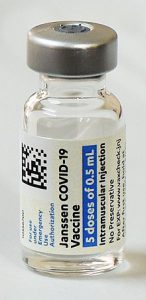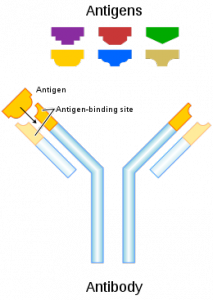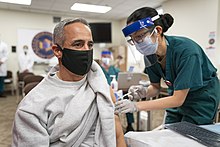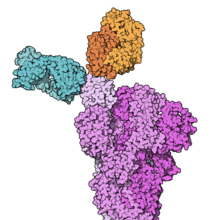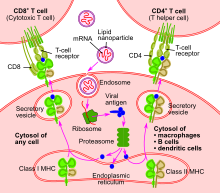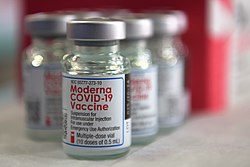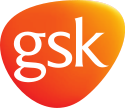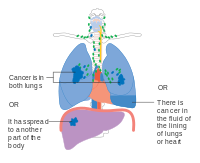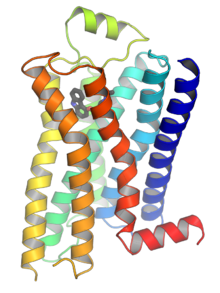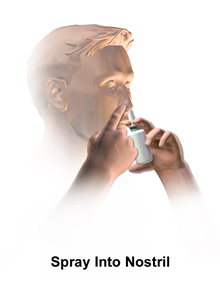

The Invisible Nation program has been launched recently by Novartis and Global Heart Hub. Under this program, a network of organizations will dedicate to improve the health of patients with cardiovascular diseases (CVD), helping them to manage the systemic changes that occur in atherosclerotic cardiovascular disease (ASCVD).
Did you know that about 15 million die due to ASCVD each year? Well, the program will not prevent such deaths but also help in reducing the economic burden of $1 trillion that is accrued as the annual cost of CVD. Although it is possible to prevent the death of most patients with ASCVD, most countries have failed to meet the WHO guidelines for reducing the mortality of CVD by 25% until 2025.
The Invisible Nation program will estimate the costs of managing ASCVD to patients and the society as a whole. It will coerce government NGOs to have a high-level of commitment in tackling the disease. Thus, it would create an environment for building new partnerships and new models to access healthcare services. These efforts would reduce the mortality of ASCVD significantly on a worldwide scale.
According to the Global Heart Hub’s executive director, the number of deaths caused by ASCVD is approximately 60% lesser than the number of deaths caused by cancer. Millions of people die from ASCVD each year and it is a terrible shock to everyone related to patients.
This shocking news can be prevented completely in about 80% of the cases. Patient organizations should provide support by providing education and guidance for better prognosis. This would reduce the high number of premature deaths. A change can be brought about in the overall management of the disease by increasing awareness among patients.
The Invisible Nation program will promote policies that transform the way governments controls the existing healthcare systems. Thus, many patient organizations can work together to decrease the growing trajectory of ASCVD deaths. Global Heart Hub will be working with major patient organizations to come up with a final action plan.
They will highlight innovative strategies to governments and healthcare systems in order to reduce the mortality rate of CV by 25%, according to the WHO guideline. The goal has to be achieved by the end of the year 2025. Novartis will be assisting in community programs by helping in networking of members seeking information and evidence of ASCVD. Thus, it will bring about a cooperation between local healthcare system, government authorities, and policymakers.

